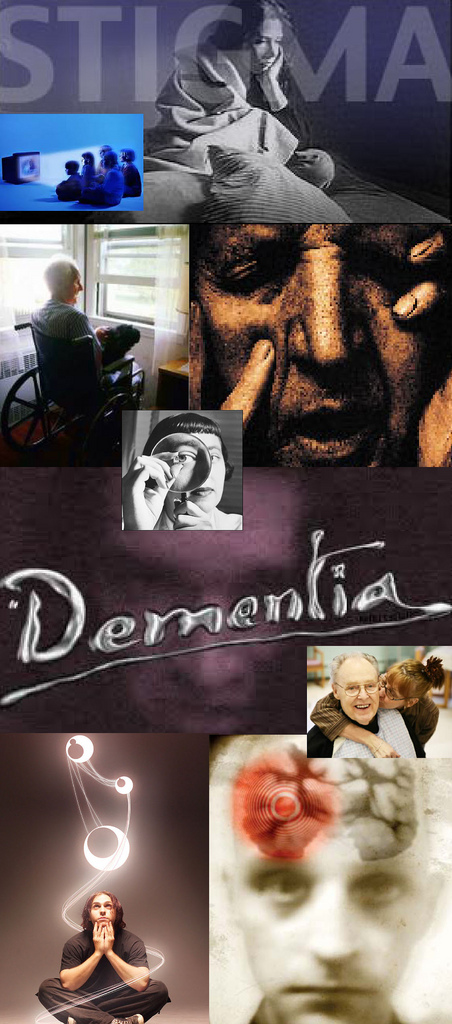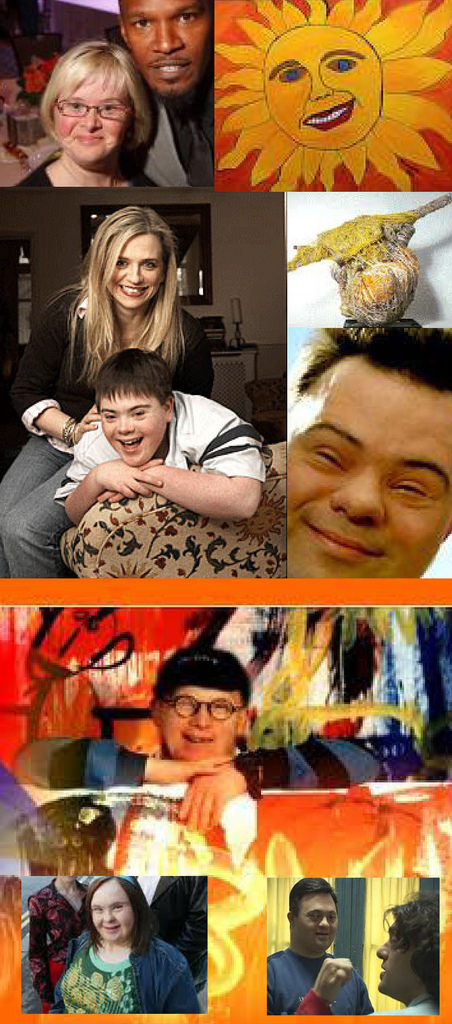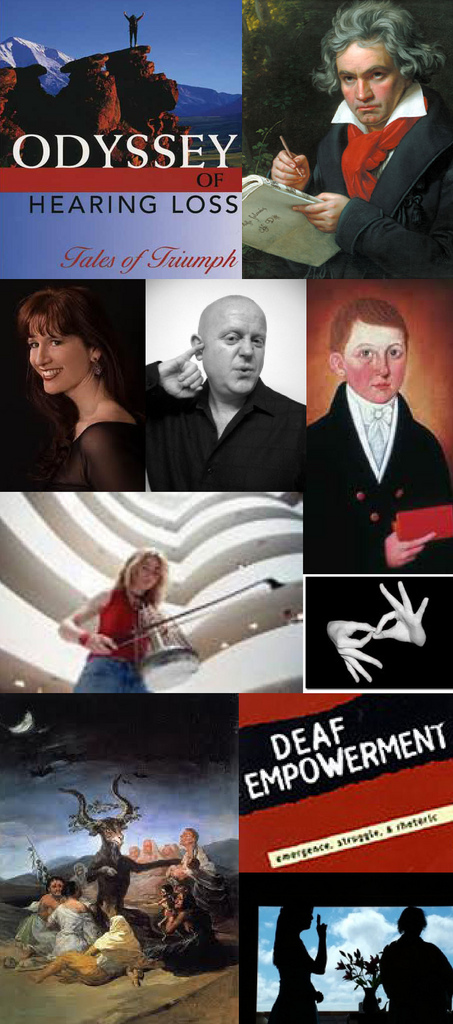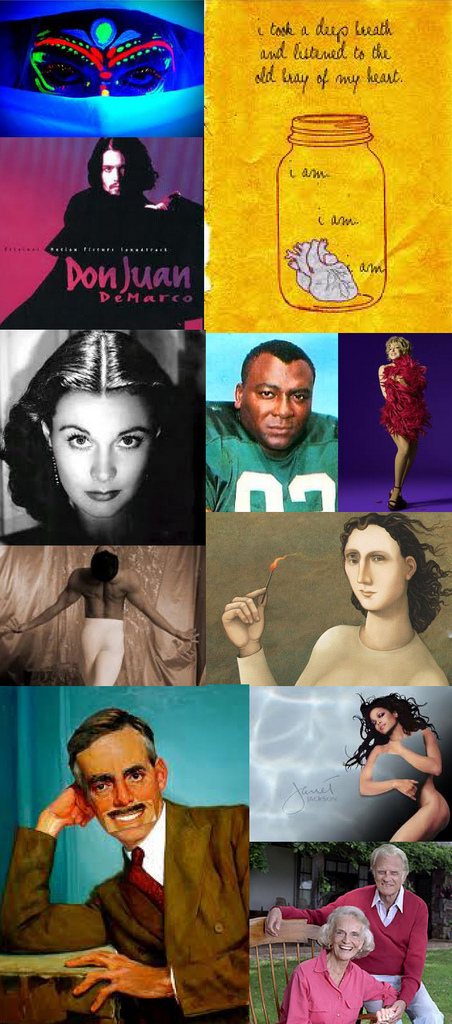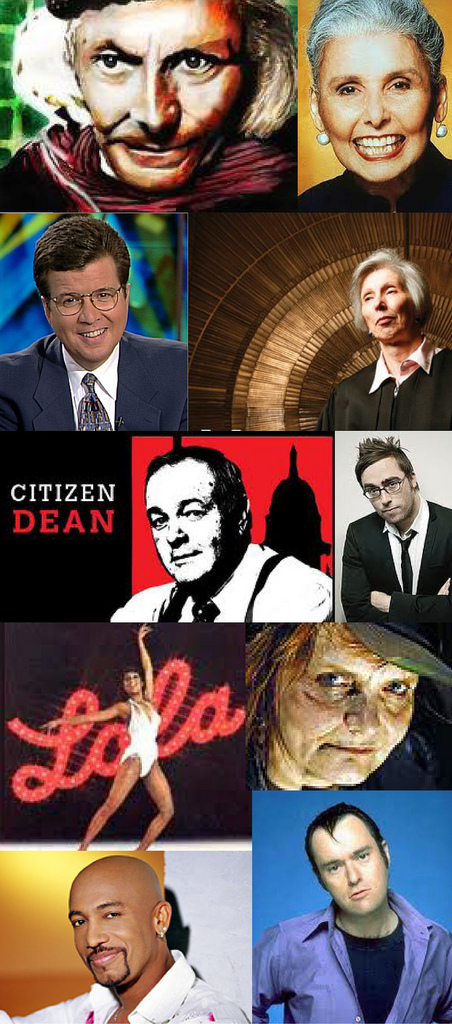famous PWDs
Dementia Hall of Fame
What is Dementia?
Dementia is the progressive decline in cognitive function due to damage or disease in the body beyond what might be expected from normal aging.
Although dementia is far more common in the geriatric population, it may occur in any stage of adulthood. This age cutoff is defining, as similar sets of symptoms due . . . Read More »
Depression Hall of Fame
What is Depression?
Depression may be described as feeling sad, blue, unhappy, miserable, or down in the dumps. Most of us feel this way at one time or another for short periods. True clinical depression is a mood disorder in which feelings of sadness, loss, anger, or frustration interfere with everyday life for a long period . . . Read More »
Down Syndrome Hall of Fame
What is a Down Syndrome?
Down syndrome is a genetic disorder that results in varying degrees of physical and intellectual disabilities.
The condition varies in severity, causing developmental problems that range from mild to severe. The disorder occurs as a result of extra genetic material.
In most people, the genes are contained on 23 pairs of chromosomes, for . . . Read More »
Dyslexia Hall of Fame
What is a Dyslexia?
As with other learning disabilities, dyslexia is a lifelong challenge that people are born with. This language processing disorder can hinder reading, writing, spelling and sometimes even speaking.
Dyslexia is not a sign of poor intelligence or laziness.
It is also not the result of impaired vision. Children and adults with dyslexia simply . . . Read More »
Epilepsy Hall of Fame
What is a Epilepsy?
Epilepsy is a chronic disorder, the hallmark of which is recurrent, unprovoked seizures. Many people with epilepsy have more than one type of seizure and may have other symptoms of neurological problems as well.
Sometimes EEG testing, clinical history, family history and outlook are similar among a group of people with epilepsy. In . . . Read More »
Hearing Loss Hall of Fame
What is difference between Hearing Loss and Deaf?
The deaf and hard of hearing community is diverse.
There are variations in the cause and degree of hearing loss, age of onset, educational background, communication methods, and how individuals feel about their hearing loss.
How people “label” or identify themselves is personal and may reflect . . . Read More »
Mental Illness Hall of Fame
What is Mental Illness?
A mental illness is a medical condition that disrupts a person’s thinking, feeling, mood, ability to relate to others and daily functioning.
Just as diabetes is a disorder of the pancreas, mental illnesses are medical conditions that often result in a diminished capacity for coping with the ordinary demands of life.
Serious mental illnesses . . . Read More »
Mood Challenges Hall of Fame
What is a Mood Disorder?
Affective disorders are a set of psychiatric diseases, also called mood disorders.
The main types of affective disorders are depression, bipolar disorder, and anxiety disorder. Symptoms vary by individual, but they typically affect mood.
They can range from mild to severe.
A psychiatrist or other trained mental health professional can diagnose an . . . Read More »
MS Hall of Fame
What is Multiple Sclerosis?
Multiple sclerosis (MS) is an unpredictable disorder that can cause a variety of symptoms, which for many, can flare-up and then subside over the course of days, months, or even years. While MS is not contagious, its causes are not yet fully understood and researchers continue to search for answers.
MS . . . Read More »
OCD Hall of Fame
What is Obsessive Compulsive Disorder?
Obsessive Compulsive Disorder (OCD) is a disorder of the brain and behavior. OCD causes severe anxiety in those affected. OCD involves both obsessions and compulsions that take a lot of time and get in the way of important activities the person values.
Here is one way to think about what having . . . Read More »

